The diversity of mouth bacteria was a long-standing mystery. In a recent study, Harvard-led researchers developed a technique that integrates genetic sequencing and analysis to identify subpopulations and communities within the mouth. The findings highlight the complexity of the mouth bacterial population and the role of oral hygiene in their maintenance. But despite the diversity, scientists still cannot find any specific cause of the widespread disease. There are a variety of potential reasons, but one main cause is the lack of knowledge about the types of bacteria living in the mouth.
Good bacteria
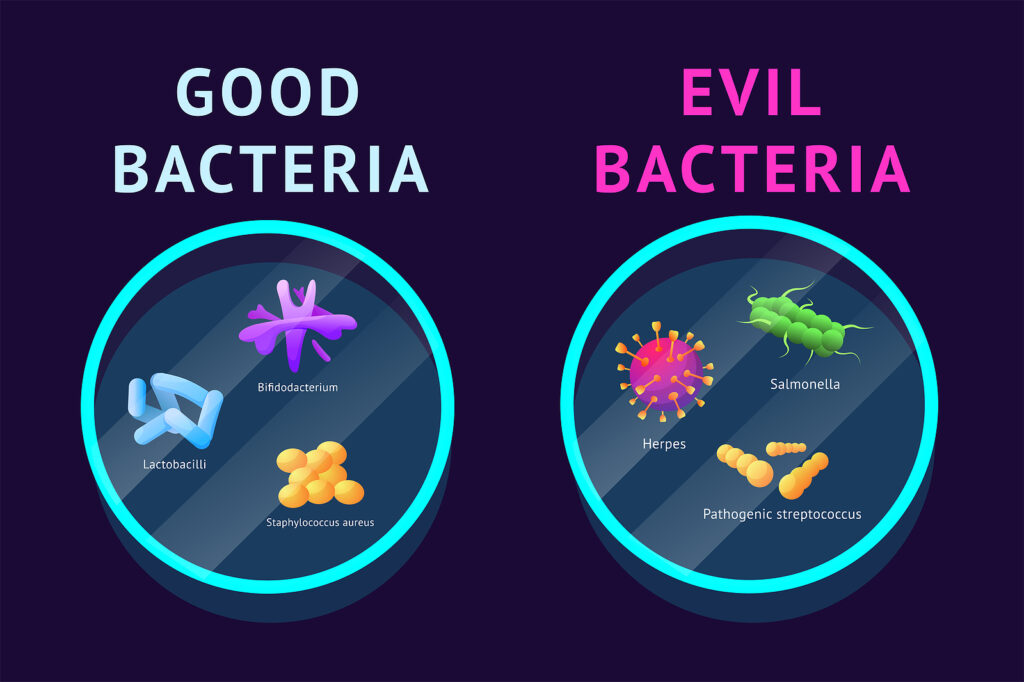
There are good bacteria in our mouths, and there are bad bacteria in our mouths. Fortunately, most of these bacteria are beneficial to our health, and they work together to protect our teeth and gums from harmful microbes. Regardless of the species, we all have bacteria in our mouths. Some of these microbes are essential for our overall health. These bacteria help us digest food and fight off the bad ones. They also play an important role in our digestion, so maintaining the right balance of both types of bacteria is essential to our overall health.
Researchers have identified over 700 species of oral bacteria. Their complex composition is as unique as a fingerprint, and it affects our health in a variety of ways. By promoting the growth of good bacteria, we can protect our teeth, prevent gum disease, and boost our overall health. It is possible that promoting the growth of good bacteria may be more important than eliminating the bad bacteria. But which ones are essential? The answer depends on your specific situation and lifestyle.
Using a toothpaste with a probiotic blend may be the answer. Studies have shown that probiotics can help maintain a healthy microbiome in humans. Probiotics and prebiotics are foods rich in the microorganisms that support oral health. When paired with proper brushing and flossing, these microbes are able to thrive. And with the right combination, they can protect our teeth from disease.
Drinking more water is important for our oral health. It keeps the mouth moist and cleanses away food particles that might cause bad bacteria. Without enough good bacteria, we may suffer from cavities, tooth decay, and even loss of enamel. By increasing the amount of water in our mouth, we can support the growth of the good bacteria and limit the proliferation of bad ones. The more plant-based foods we eat, the more healthy our mouth will be.
Many probiotic supplements contain a special blend of probiotic strains. The patented Probiora3 formula is used in many of them. It was originally sold as Evora by Oragenics before being rebranded. The tablets dissolve on the tongue and begin populating the microbiome in our mouths. The benefits of Probiora are many, but we recommend starting a probiotic diet as early as possible.
Healthy gut microbiome balance is vital for overall health. When the good bacteria are overrepresented, the harmful bacteria start to dominate, tipping the balance. When this happens, inflammation and bleeding may follow. Inflammation and bleeding gums are the first symptoms of gut dysbiosis. If you don't replace the good bacteria, a bacterial imbalance can occur. This imbalance can lead to several serious problems, such as gum disease.
Location of mouth bacteria
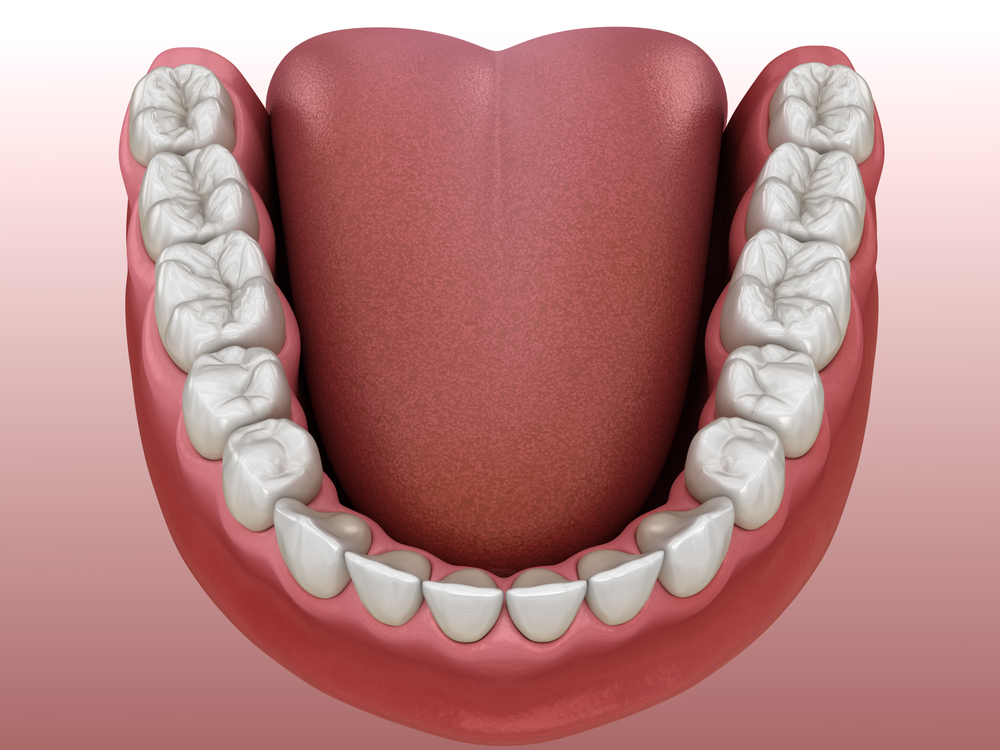
The mouth is home to a large diversity of bacteria. These bacteria are colonized at nine different sites and exhibit various properties. The tongue is one of these sites and contains a different bacterial community than the rest of the oral cavity. The tongue's surface is often in contact with the hard palate, allowing it to form a separate biofilm. This bacterial community is present at multiple sites within the mouth and is important to the health of the mouth.
To determine the number of bacteria living in the mouth, researchers have collected saliva samples from volunteers and studied the diversity and distribution of microbes. They've determined that the mouth contains more than one kind of bacterial community. The bacteria in the mouth are closely related to those on someone else's tongue and teeth than they are to those on a human's mouth. However, this new research hasn't sunk in to the minds of many.
There are about 500-700 different strains of bacteria in the human mouth. The precise number of bacteria depends on how the microbes were discovered. Researchers collect samples of plaque in different areas of the mouth, including the gum line and gingival pockets. Some bacteria are found in both of these areas, which is why it is important to treat all these different places as needed. For example, pregnant women who are exposed to bacteria that cause cavities can pass these bacteria to their newborns.
Despite the complexity of the dental environment, it's important to maintain good oral hygiene as this is the foundation of disease prevention. Nevertheless, the presence of bacteria from other organs is a cause for concern. Gram-negative bacteria are linked to several diseases, including bad breath and dental infection. Furthermore, they can cause bacterial endocarditis, an infection of the heart. It's important to practice good oral hygiene to keep yourself healthy and prevent diseases, including periodontitis and caries.
The microbiome of the human body is composed of trillions of different organisms, with some species being beneficial for the health of the mouth. Several of these organisms are beneficial for our health and destroy harmful bacteria. An overabundance of bad bacteria can lead to gum disease and infections in the soft tissues of the mouth. The microbiome is crucial to maintaining good health. Without it, the body will not be able to function properly.
The mouth is home to hundreds of species of bacteria. Some are beneficial, helping to break down food and produce proteins that control bad bacteria. These organisms live in an environment that is neutral to slightly acidic. People who maintain a healthy balance of good and bad bacteria will enjoy improved breath, healthier teeth, and fewer gum problems. They will also have less dry mouth and fewer cavities, and will have less cases of dry mouth. It's important to keep these bacteria at bay, and to visit a dentist regularly.
Impact of oral hygiene on mouth bacteria

Our mouths are home to millions of different species of bacteria. Keeping our mouths clean can help keep most of these bacteria harmless, but bad bacteria can multiply unchecked, leading to a host of problems, from tooth decay to gum disease. Bad bacteria can also travel through our bloodstream, promoting inflammation in other parts of the body. In order to protect our mouths from these bacterial invaders, we must practice good oral hygiene every day.
This study was funded by the National Institutes of Health, the National Institute of Dental and Craniofacial Research, and the Health Services Foundation of Carolinas Medical Center. The authors of this study are Louise Kent, Shirley Coleman, Jignya Ashar, and Tainika Williams. They were assisted by Bruce Paster, who performed phylogenetic analysis, and Dr. Philip C. Fox for valuable comments.
The mouth is a microcosm of the rest of the body, serving as a mirror for our overall health. It can also reflect the quality of our lifestyle and oral hygiene. The oral cavity harbors a variety of microorganisms, which interact with each other to form a biofilm. These biofilms are responsible for a variety of oral diseases, including periodontitis and dental caries. The effects of these microbes are widespread, affecting our psychological and social lives.
The impact of oral hygiene on our body is significant. Many people suffer from periodontal disease and are at risk for heart disease. This is because plaque and bacteria accumulated in the mouth can lead to clogged blood vessels and arteries. This can cause serious complications, including stroke and heart disease. And this doesn't even include the effects of bad breath. So, good oral hygiene is essential for preventing these problems from getting worse.
The mouth is the gateway to the rest of the body, which means that bad bacteria can transfer to distant parts of the body. This is why researchers are studying the impact of oral hygiene on our health. The microbiome of the mouth is the gateway to the rest of our bodies. Consequently, any pathogens that become overly abundant in our mouths can transfer to the blood vessels and other parts of our body. And while there are many benefits to a healthy and well-balanced microbiome, we must also be aware of some negative side effects.
In addition to cavities, poor oral hygiene can lead to other health problems, including infection and disease in other parts of the body. As October is National Dental Hygiene Awareness Month, Dental Health Command Europe wants to educate people about the importance of proper oral hygiene. And while it may be tempting to ignore these risks, they can impact your physical and mental health. So, the best way to prevent dental problems is to maintain good oral hygiene habits.

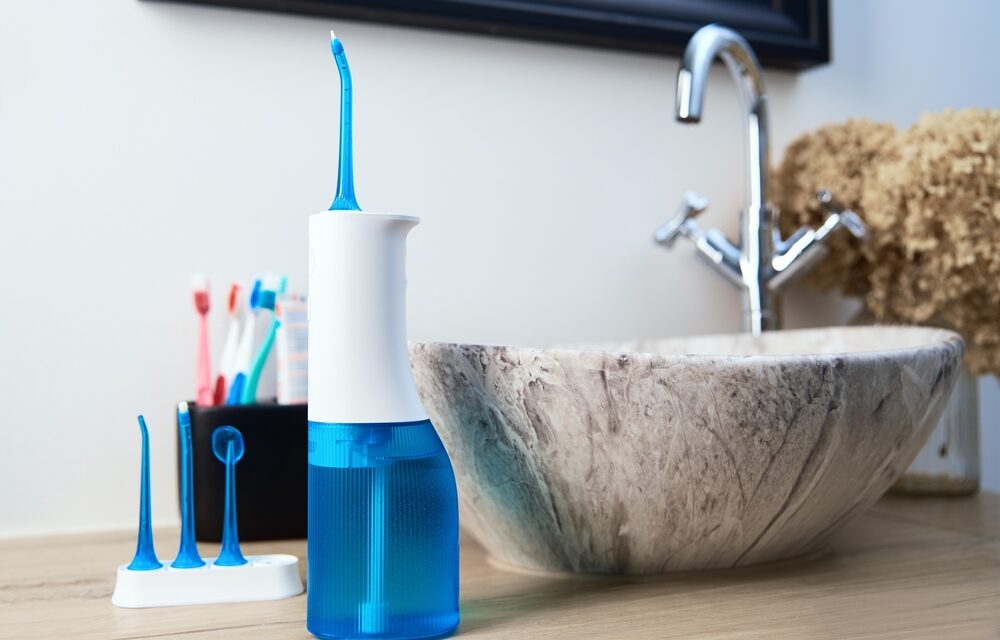

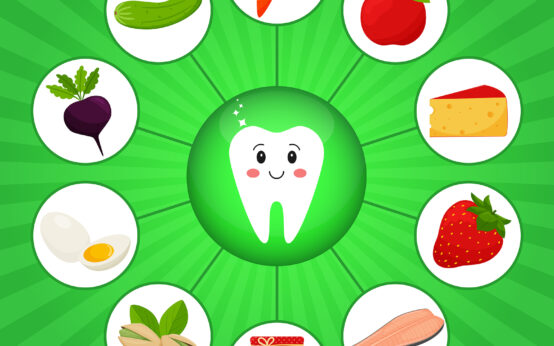 Healthy Teeth and Gums
Healthy Teeth and Gums 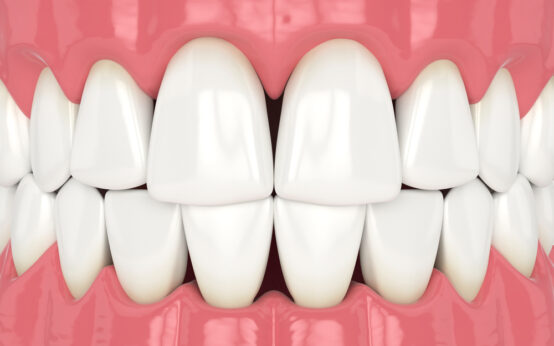 Which is the Best Way to Whiten Teeth at Home?
Which is the Best Way to Whiten Teeth at Home?  Three Approaches to Oral Brushing
Three Approaches to Oral Brushing 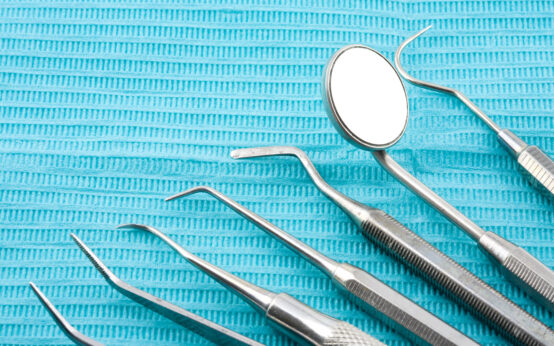 Dentists and Dental Instruments
Dentists and Dental Instruments 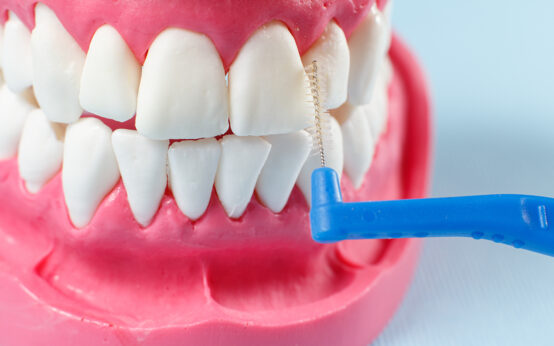 How to Stop Bleeding When Flossing With Interdental Brushes
How to Stop Bleeding When Flossing With Interdental Brushes 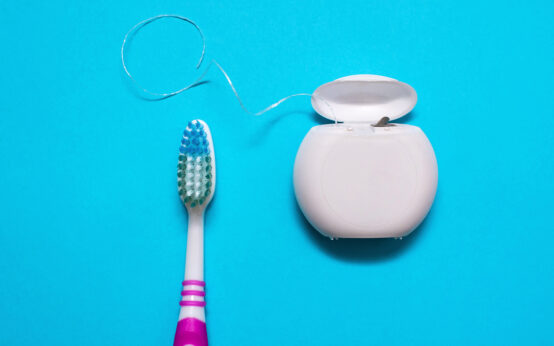 Choosing the Right Dental Floss Brush
Choosing the Right Dental Floss Brush